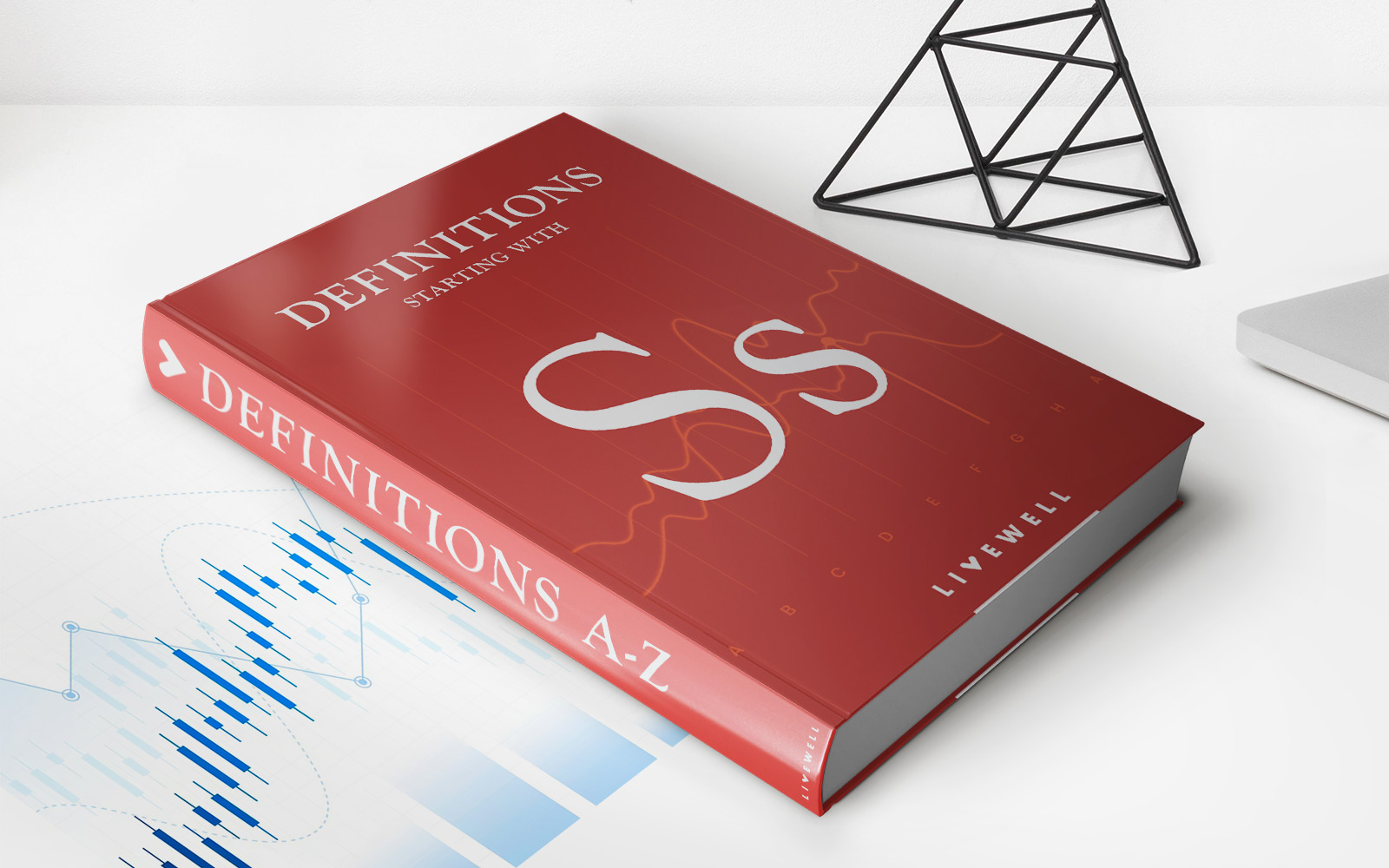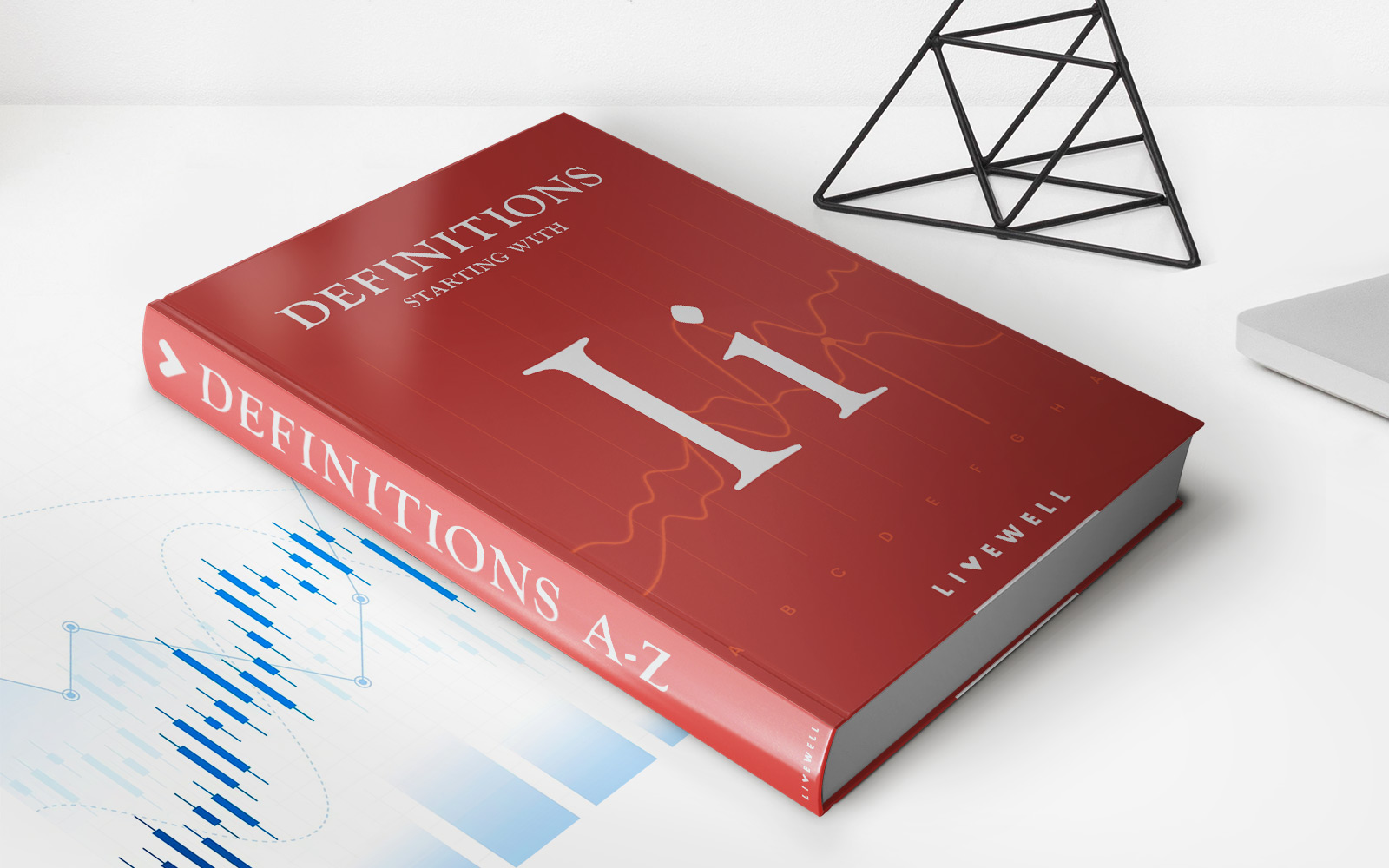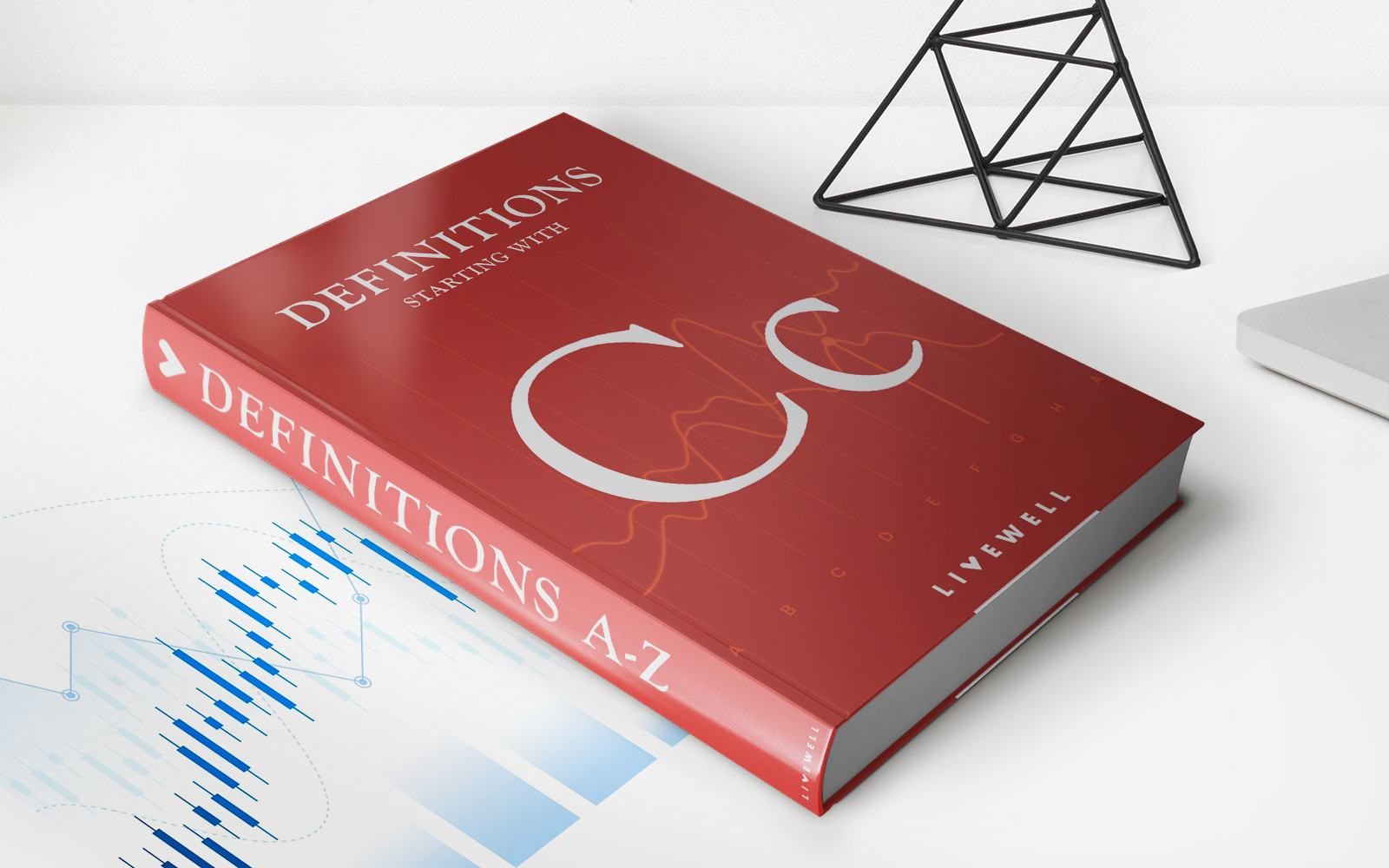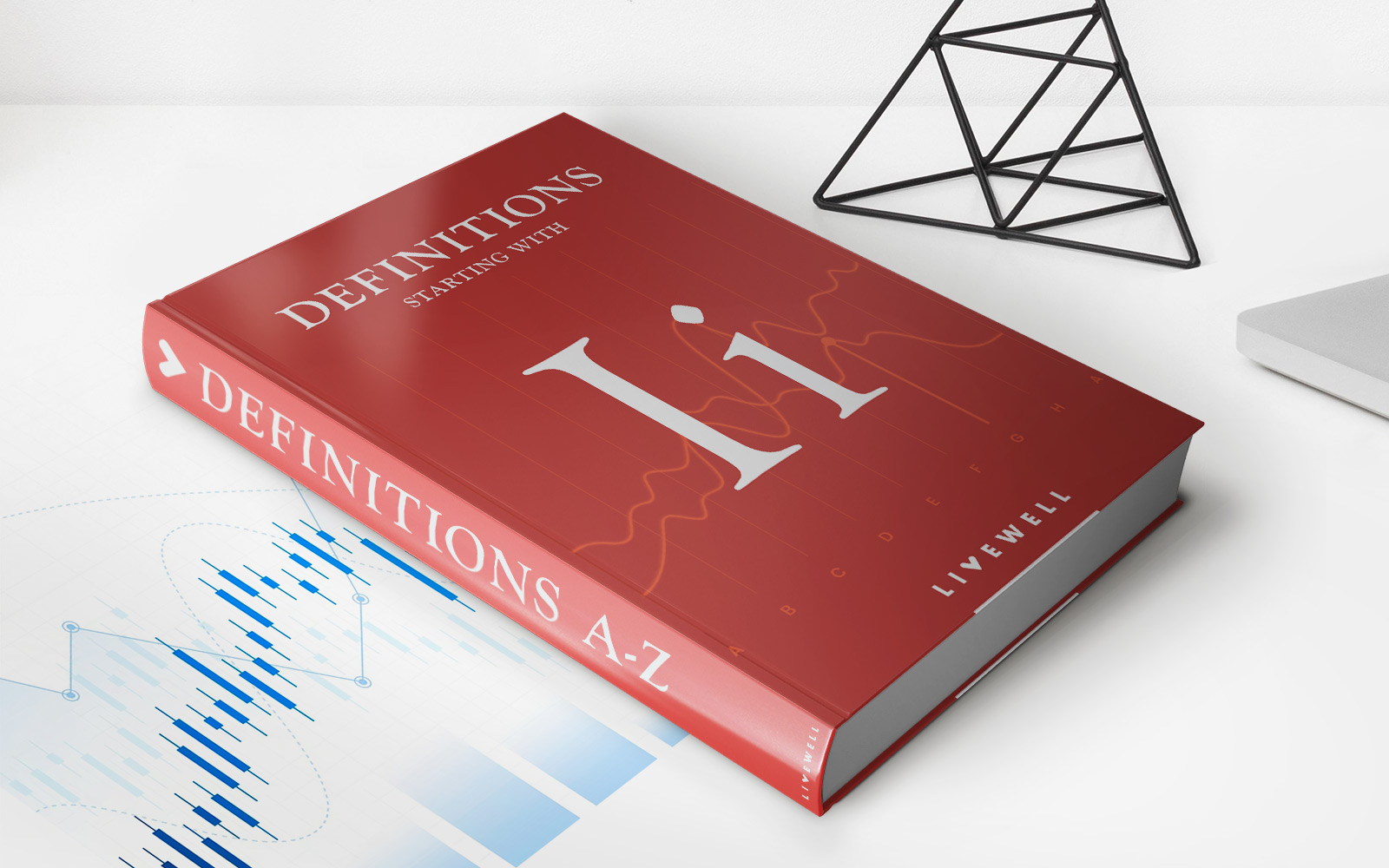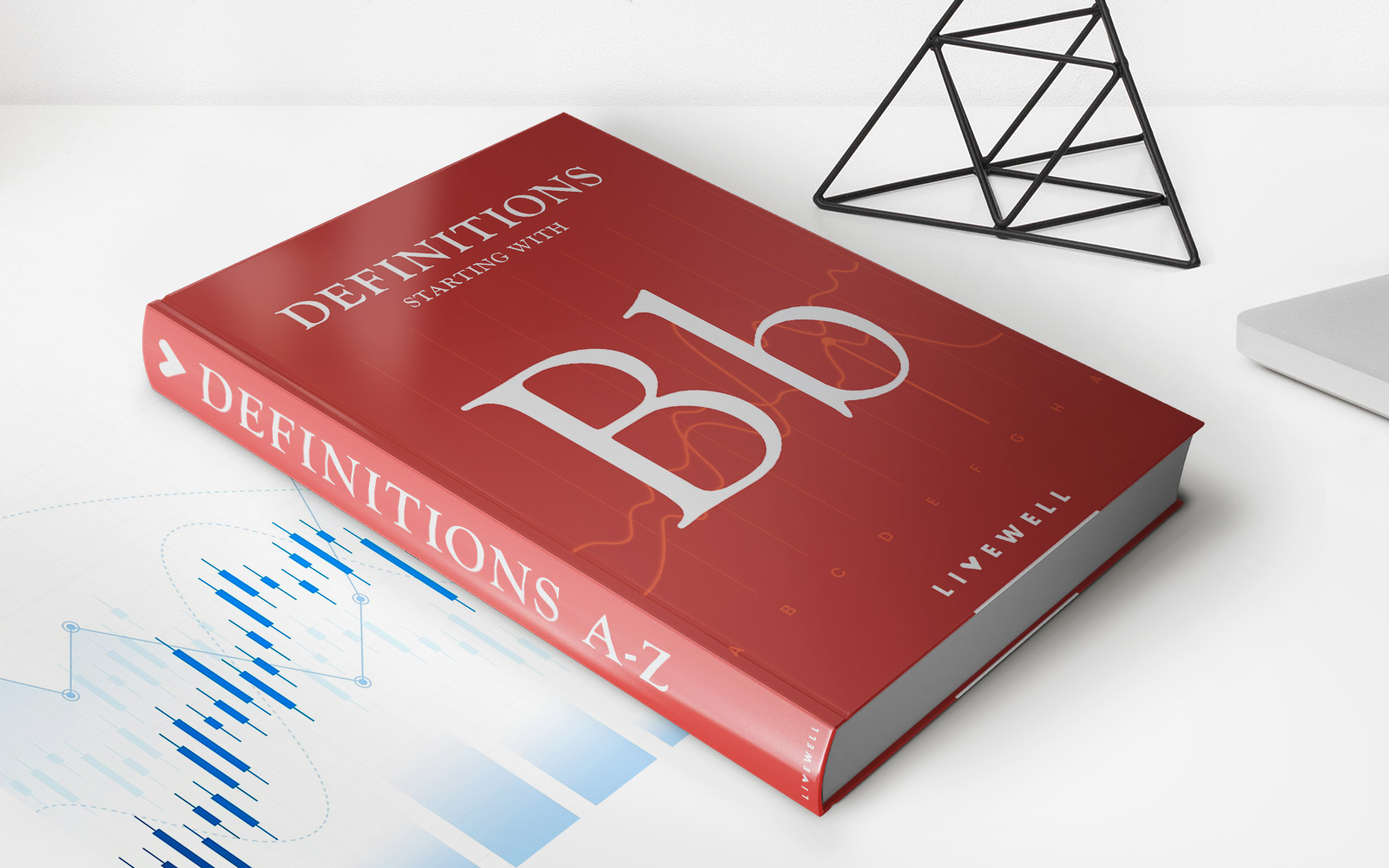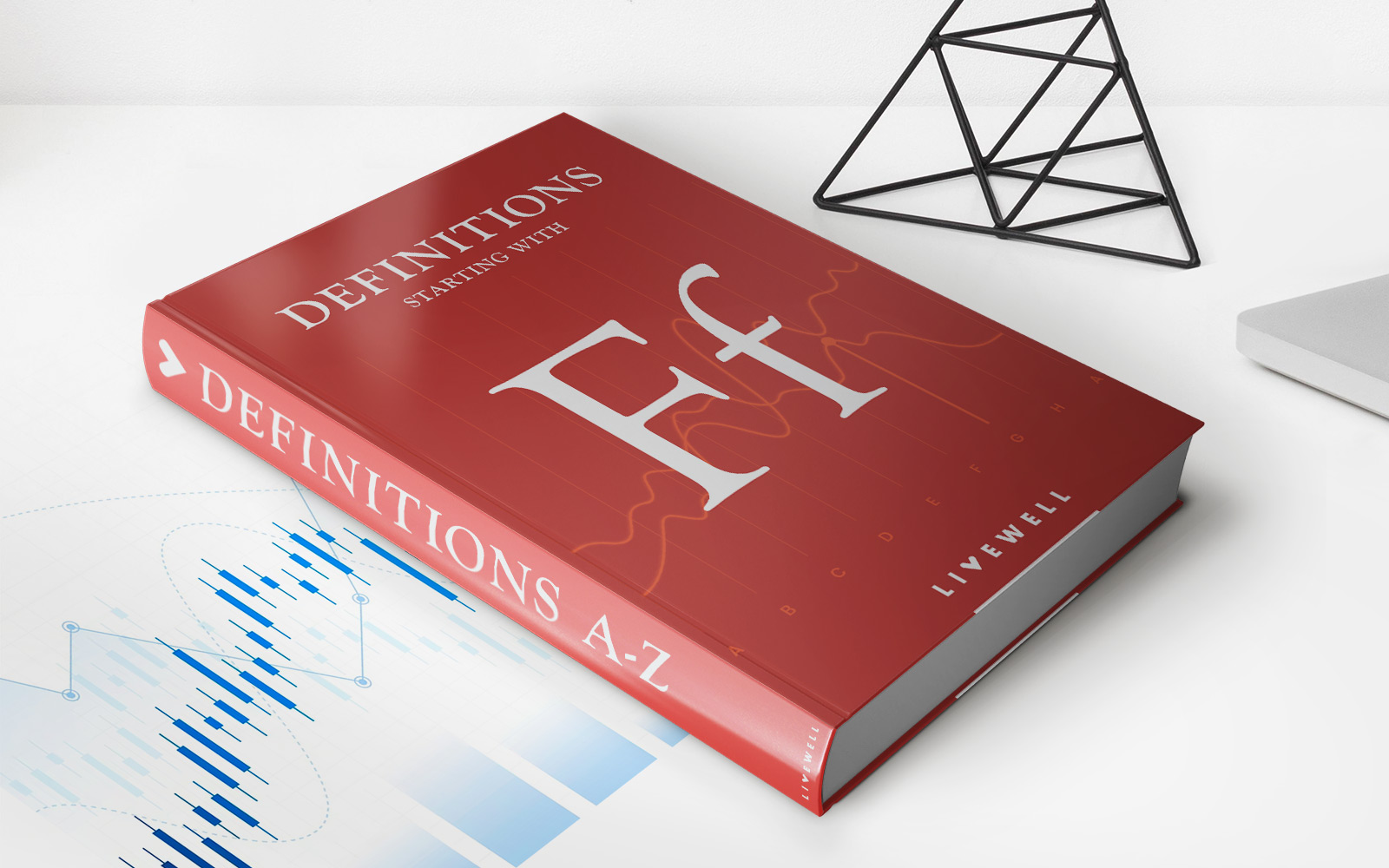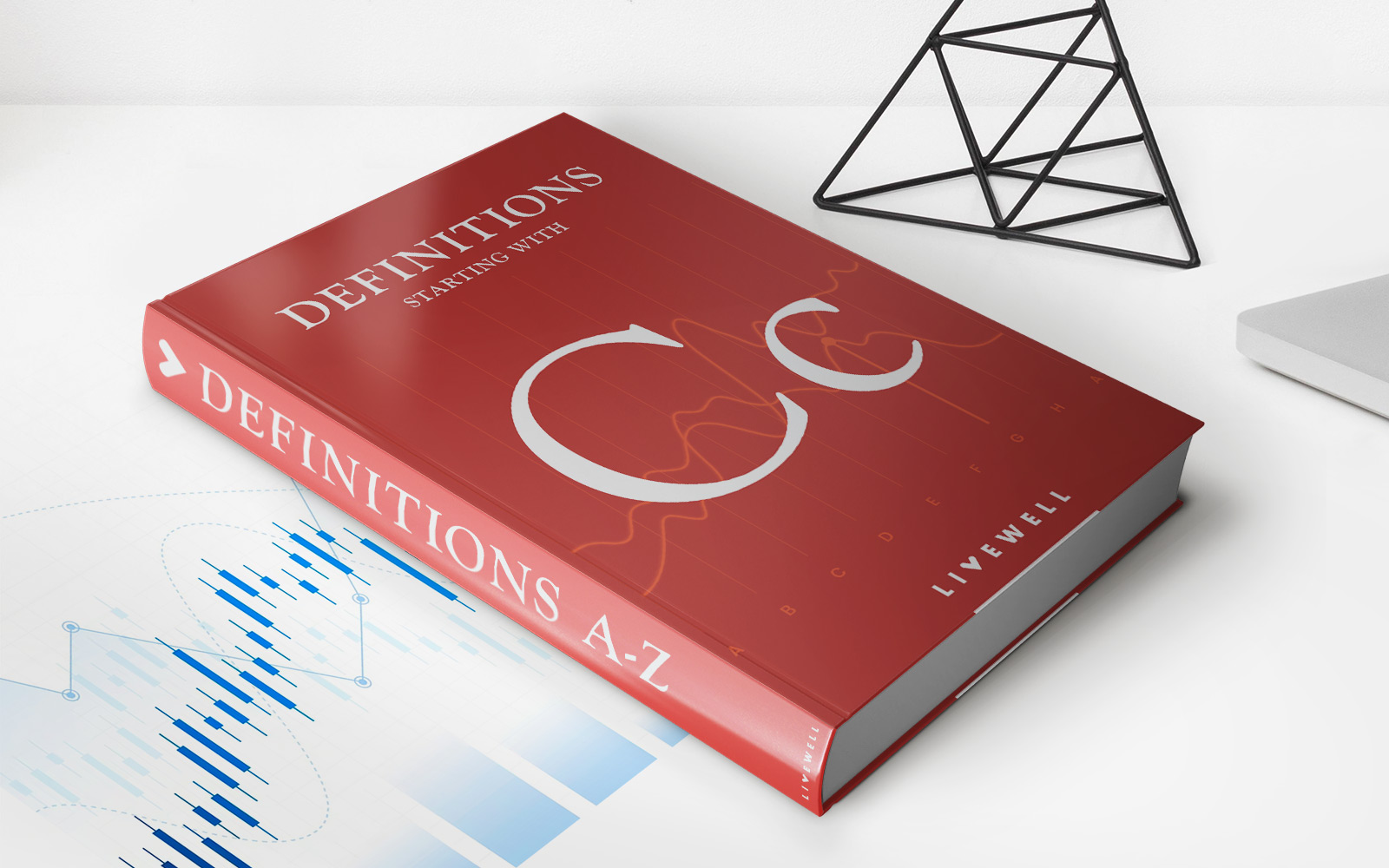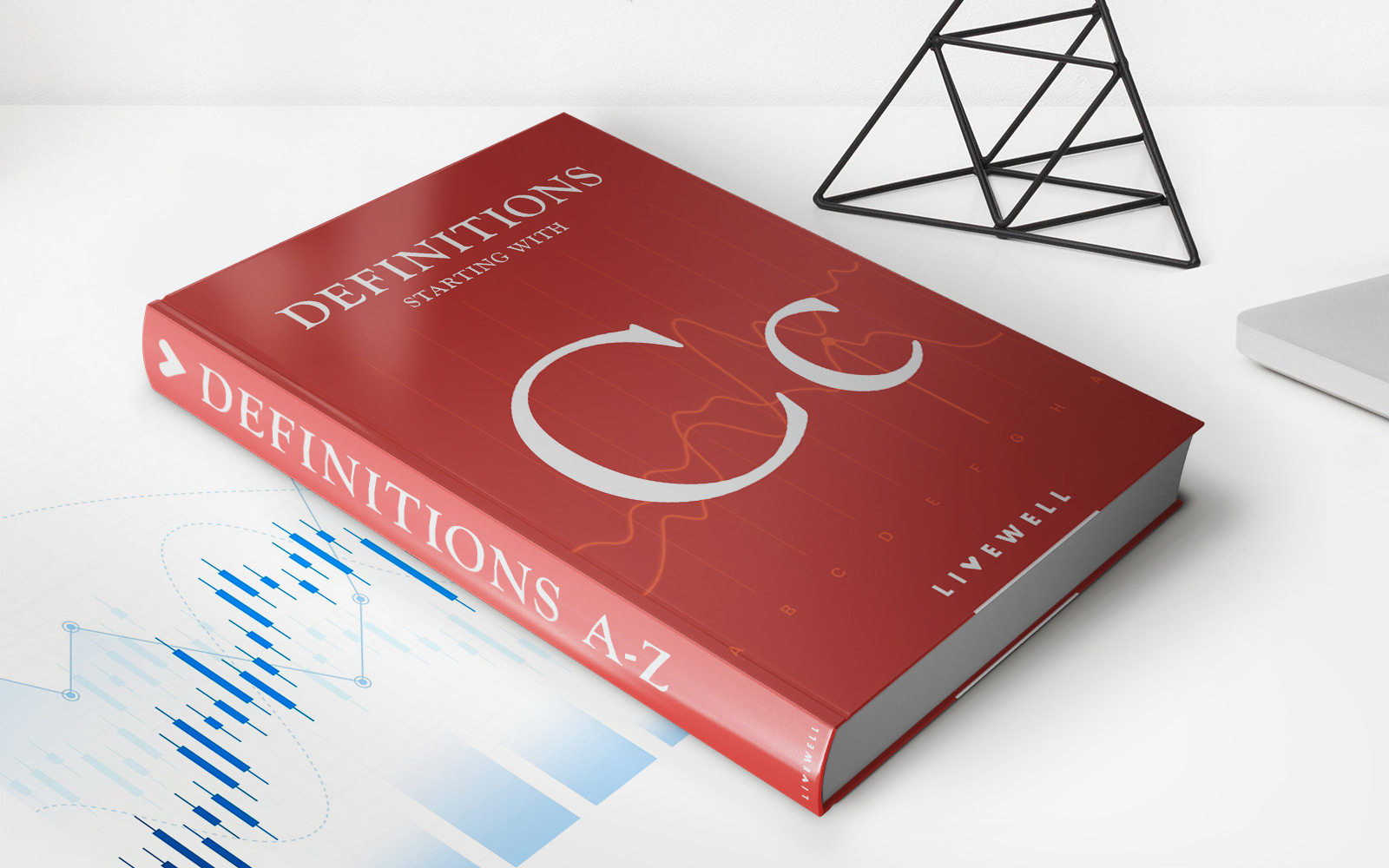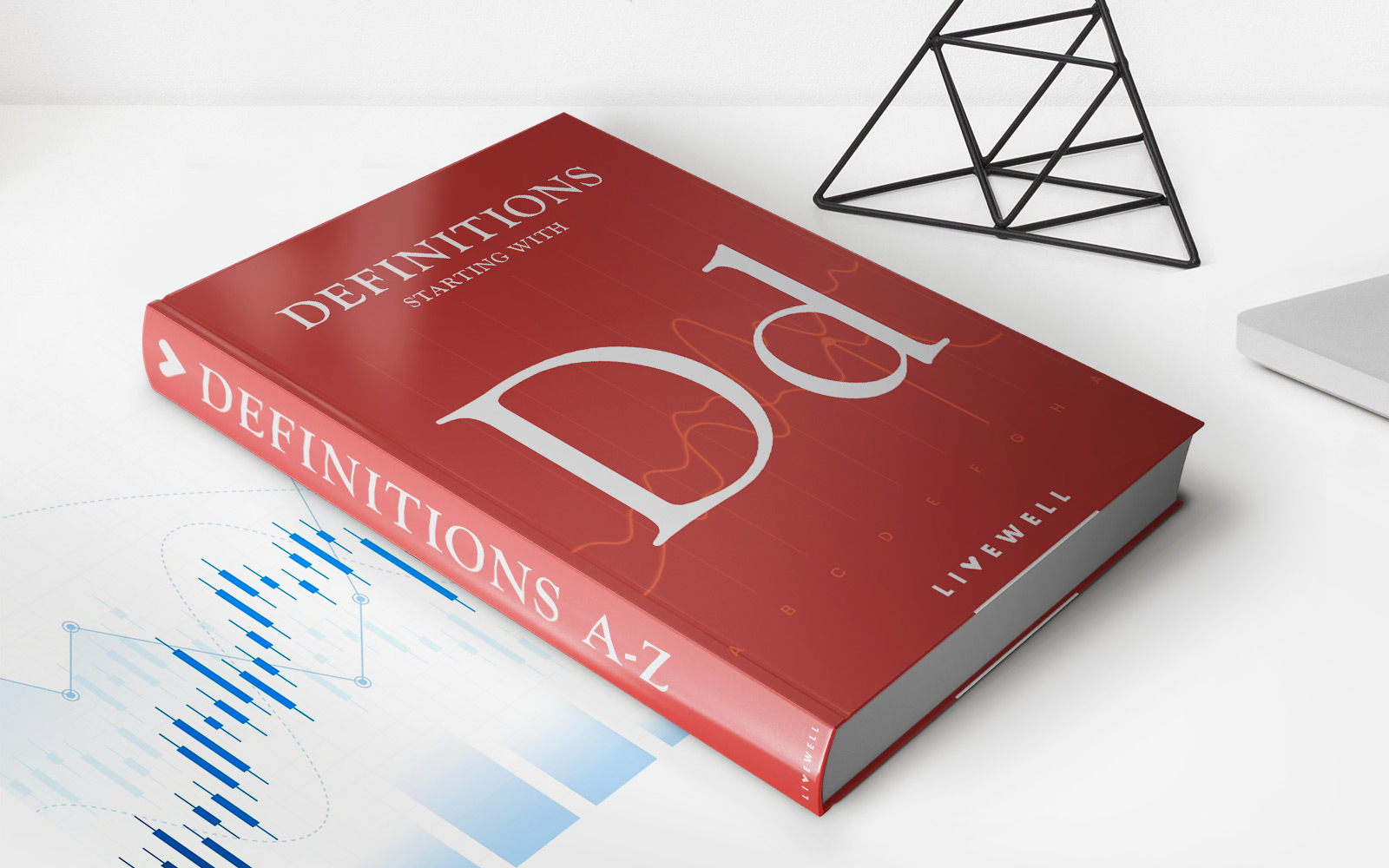

Finance
What Is An Insurance Quote?
Published: November 8, 2023
Learn about insurance quotes and how they play a crucial role in the world of finance. Discover why getting an insurance quote is essential for managing your financial risks.
(Many of the links in this article redirect to a specific reviewed product. Your purchase of these products through affiliate links helps to generate commission for LiveWell, at no extra cost. Learn more)
Table of Contents
- Introduction
- Definition of an Insurance Quote
- Purpose of an Insurance Quote
- Components of an Insurance Quote
- How to Obtain an Insurance Quote
- Importance of Comparing Insurance Quotes
- Factors Affecting Insurance Quotes
- Understanding the Fine Print in Insurance Quotes
- Tips for Getting Accurate Insurance Quotes
- Conclusion
Introduction
When it comes to financial planning and risk management, insurance plays a crucial role. Whether it’s protecting your home, your car, your health, or your business, insurance provides a safety net against unexpected events and mitigates potential financial losses. But before you can secure insurance coverage, you first need to understand what an insurance quote is.
An insurance quote is an estimate of the premium you will be required to pay in order to obtain a specific insurance policy. It provides detailed information about the coverage options, deductibles, limits, and the cost of the policy. Insurance quotes are typically provided by insurance companies or agents, and they are based on a variety of factors, including your personal information, the type of coverage you need, and your risk profile.
Obtaining an insurance quote is an essential step in the insurance buying process. It allows you to compare different insurance options and select the one that best suits your needs and budget. Additionally, an insurance quote helps you understand the terms and conditions of the policy, providing valuable information about the coverage limits, exclusions, and any additional features or endorsements that may be included.
In this article, we will delve deeper into the concept of insurance quotes, exploring their purpose, the components they consist of, and how you can obtain accurate quotes. We will also discuss the importance of comparing insurance quotes and understanding the fine print to make informed decisions when it comes to your insurance coverage.
Definition of an Insurance Quote
An insurance quote is a document or statement provided by an insurance company or agent that outlines the estimated cost of obtaining a specific insurance policy. It serves as a detailed proposal that includes information about the type and level of coverage, the premium amount, and any additional terms or conditions associated with the policy.
The quote is based on the information provided by the individual seeking insurance coverage, such as their personal details, the type of property or asset being insured, and any potential risks involved. Insurance companies use this information to assess the level of risk and calculate the premium that would be charged to adequately cover that risk.
Insurance quotes are typically valid for a specific period, often 30 days, during which the individual can review and compare different options before making a decision. After this period, the quote may need to be updated or re-evaluated due to potential changes in the risk profile or market conditions.
It’s important to note that an insurance quote is not a binding contract. It serves as an estimate of the cost and coverage terms, allowing individuals to make an informed decision about their insurance needs. Once the individual accepts the quote and pays the premium, a formal insurance policy is issued, outlining the specific terms, conditions, and coverage details.
Insurance quotes can be obtained for various types of policies, including auto insurance, home insurance, life insurance, health insurance, and business insurance. Each quote is tailored to the specific requirements and risks associated with the particular type of insurance, ensuring that individuals receive accurate and relevant information to make an informed decision.
Overall, an insurance quote provides individuals with a comprehensive overview of the potential costs and coverage options available, enabling them to make an educated choice regarding their insurance needs.
Purpose of an Insurance Quote
The purpose of an insurance quote is to provide individuals with essential information about the cost and coverage options available for a specific insurance policy. It serves as a valuable tool during the insurance buying process, helping individuals make informed decisions regarding their insurance needs. Here are some key purposes of an insurance quote:
- Cost Estimation: One of the primary purposes of an insurance quote is to estimate the cost of obtaining insurance coverage. The quote outlines the premium amount that the individual will need to pay to secure the desired policy. This helps individuals assess whether the premium fits within their budget and make necessary adjustments if needed.
- Comparison: Insurance quotes allow individuals to compare different insurance options from multiple providers. By obtaining quotes from various insurance companies, individuals can evaluate and compare the coverage options, premiums, deductibles, and other factors to choose the best policy that meets their needs and offers the most value for their money.
- Customization: Insurance quotes provide an opportunity to customize coverage to fit individual needs. The quote includes information about the available options and additional coverage features, giving individuals the flexibility to tailor the policy to their specific requirements. Whether it’s adjusting coverage limits, adding endorsements, or selecting specific deductibles, insurance quotes allow individuals to customize their policy according to their preferences.
- Risk Assessment and Mitigation: Insurance quotes help insurance companies assess the level of risk associated with providing coverage to an individual or their property. By gathering information about the individual’s personal details, past claims history, property characteristics, and other relevant factors, insurance companies analyze the potential risks and determine the appropriate premium to adequately cover those risks.
- Transparency: Insurance quotes provide transparency by outlining the terms, conditions, and coverage details of the policy. This allows individuals to fully understand what is included in their coverage and what is excluded. It helps avoid any surprises or misunderstandings in the future and ensures that individuals have a clear understanding of the protection they are purchasing.
In summary, the purpose of an insurance quote is to provide individuals with an estimate of the cost, coverage options, and terms of an insurance policy. It allows individuals to compare and evaluate different insurance options, customize their coverage, and make informed decisions regarding their insurance needs and budget.
Components of an Insurance Quote
An insurance quote comprises several key components that provide individuals with detailed information about the coverage, terms, and costs associated with a particular insurance policy. Understanding these components is essential for making informed decisions and comparing different insurance options. Here are the main components typically found in an insurance quote:
- Coverage Details: This component outlines the specific coverage options included in the policy. It provides information about the type of risks or assets being insured, the scope of coverage, and any specific inclusions or exclusions. For example, in an auto insurance quote, coverage details may include liability coverage, collision coverage, comprehensive coverage, and uninsured motorist coverage.
- Premium Amount: The premium is the cost of the insurance policy. It is the amount individuals are required to pay in exchange for the coverage provided by the insurance company. The quote will clearly specify the premium amount, which may be paid monthly, annually, or in other agreed-upon installments.
- Deductibles: Deductibles represent the amount individuals need to pay out of pocket before the insurance coverage kicks in. The quote will indicate the deductible amount for different coverage types. Generally, a higher deductible results in a lower premium, while a lower deductible leads to a higher premium.
- Policy Limits: Policy limits refer to the maximum amount that the insurance company will pay out in the event of a claim. Quotes will specify the limits for each type of coverage within the policy. For example, in a home insurance quote, there may be separate limits for dwelling coverage, personal property coverage, and liability coverage.
- Additional Features or Endorsements: Insurance quotes may include optional coverage features or endorsements that individuals can add to their policy for additional protection. These may include things like roadside assistance, rental car reimbursement, identity theft protection, or equipment breakdown coverage. The quote will outline the cost of each additional feature or endorsement.
- Duration and Effective Date: The quote will indicate the duration for which the quoted premium is valid. It may also specify the effective date of the policy. These details are important for individuals to understand when the coverage will begin and end.
- Terms and Conditions: Insurance quotes include the terms and conditions of the policy. This section lists the obligations and responsibilities of both the insured individual and the insurance company. It covers important information about cancellation policies, claims procedures, and any other relevant terms that individuals should be aware of.
By analyzing and comparing these components, individuals can understand the coverage, costs, and terms associated with different insurance quotes. This enables them to select the policy that best fits their needs and budget while providing adequate protection against potential risks.
How to Obtain an Insurance Quote
Obtaining an insurance quote is a relatively straightforward process. Here are the general steps to follow when seeking an insurance quote:
- Research and Identify Insurance Providers: Start by researching and identifying reputable insurance providers that offer the type of coverage you need. Look for companies with a strong financial standing and good customer reviews.
- Contact Insurance Companies: Once you have a list of potential insurance providers, reach out to them through their designated channels. This can be done via phone, email, or by filling out an online form on their website.
- Provide Necessary Information: The insurance company will require specific information to generate an accurate quote. Be prepared to provide details such as your personal information, the type of property or asset you want to insure, your coverage preferences, and any relevant history or documentation.
- Answer Questions: During the process of obtaining a quote, the insurance company may ask additional questions to assess your risk profile and determine the appropriate coverage and premium. Be prepared to answer these questions truthfully and provide any requested documentation.
- Review the Quote: Once you have provided all the necessary information, the insurance company will generate a quote for you. Take the time to carefully review the quote, ensuring that it accurately reflects your coverage needs and preferences.
- Compare Different Quotes: It’s recommended to obtain quotes from multiple insurance companies to compare the coverage options, deductibles, limits, and costs. This will help you make an informed decision and find the best policy for your needs.
- Ask for Clarifications: If you have any questions or uncertainties regarding the quote, don’t hesitate to reach out to the insurance company for clarification. It’s important to fully understand the terms and conditions of the policy before making a decision.
- Make the Decision: After comparing the quotes and considering all the relevant factors, select the insurance policy that best meets your needs and budget. Contact the chosen insurance provider to proceed with the final steps, which may involve completing an application, providing payment details, and signing the necessary documents.
Remember, obtaining multiple quotes and thoroughly evaluating them is crucial to finding the right insurance policy. It allows you to assess the coverage, premium, and terms from different providers, ensuring that you make an informed decision and secure the best protection for your specific needs.
Importance of Comparing Insurance Quotes
Comparing insurance quotes is an essential step in the insurance-buying process. It allows individuals to evaluate different coverage options, premiums, and terms from various insurance providers. Here are some key reasons why comparing insurance quotes is important:
- Finding the Best Coverage: Insurance quotes enable individuals to assess the coverage options offered by different providers. By comparing quotes, you can identify the policy that offers the most comprehensive coverage for your specific needs. This ensures that you have adequate protection in case of unexpected events.
- Understanding the Costs: Insurance quotes provide detailed information about the premiums and deductibles associated with each policy. By comparing quotes, you can get a clear picture of the cost implications and determine which policy offers the most competitive prices and fits your budget.
- Identifying Additional Benefits: Insurance quotes often include optional coverage features or endorsements that can provide additional benefits. By comparing quotes, you can determine which policy offers the most valuable extras, such as roadside assistance, rental car coverage, or identity theft protection, enhancing the overall value of the policy.
- Unveiling Exclusions and Limitations: Insurance quotes outline the terms and conditions of the policies, which include any exclusions or limitations on coverage. By comparing quotes, you can identify any differences in exclusions or limitations that may impact your coverage. This allows you to select the policy that aligns with your specific needs and offers the coverage you require.
- Saving Money: Insurance quotes provide an opportunity to compare premiums and deductibles from different providers. This allows you to find the most competitive rates and potentially save money on your insurance premiums. By obtaining multiple quotes, you can secure a policy that offers the right balance between cost and coverage.
- Understanding the Company: Through the process of comparing insurance quotes, individuals have the chance to research different insurance providers and assess their reputation, customer reviews, and financial strength. This helps in selecting a reliable and trustworthy insurance company that will provide excellent customer service and handle claims efficiently.
Overall, comparing insurance quotes empowers individuals to make informed decisions about their insurance coverage. It helps in finding the best policy that offers adequate coverage, competitive prices, and additional benefits, ultimately providing peace of mind and financial security.
Factors Affecting Insurance Quotes
Insurance quotes are influenced by several factors that insurance companies consider when determining the cost of coverage. These factors help insurers assess the level of risk associated with providing insurance and therefore influence the premium amount. Understanding these factors can help individuals better comprehend why their insurance quotes may vary. Here are some key factors that affect insurance quotes:
- Personal Information: Insurance companies consider personal information, such as age, gender, marital status, and occupation, when providing quotes. Certain demographics may be associated with different risk levels, leading to variations in premium amounts.
- Insurance Coverage Type: The type of insurance coverage being sought plays a significant role in determining the quote. Each coverage type has its own set of risk factors, which influence the premium. For example, a policy for a sports car will likely have a higher premium compared to a policy for a family sedan.
- Location: The geographical location of the insured can impact insurance quotes. Areas prone to natural disasters, high crime rates, or high accident rates may result in higher premiums due to the increased risk of property damage, theft, or accidents.
- Claims History: Insurance companies assess an individual’s claims history to determine their risk profile. A history of frequent claims or high-value claims may lead to higher quotes since it suggests a higher likelihood of future claims.
- Driving Record: For auto insurance quotes, driving history plays a crucial role. Individuals with a clean driving record – no accidents or traffic violations – are considered lower-risk drivers and may receive lower premiums. Conversely, individuals with a history of accidents or traffic violations may face higher premiums.
- Credit History: In some jurisdictions, insurance companies consider an individual’s credit history when providing quotes. A good credit score may result in a lower premium, as it suggests responsible financial behavior and lower risk.
- Policy Coverage Limits and Deductibles: The limits of coverage and deductibles selected by individuals also impact insurance quotes. Higher coverage limits or lower deductibles typically result in higher premiums, as they increase the potential costs for the insurer.
- Payment Plan: The payment plan selected for the insurance policy, such as paying annually or monthly, may affect the quote. Some insurance companies offer discounts for individuals who pay their premiums upfront in a lump sum.
- Vehicle or Property Characteristics: Specific details about the vehicle or property being insured can influence quotes. Factors such as the age, make, model, condition, and security features of a vehicle, or the construction materials, age, and location of a property may impact the perceived risk and, subsequently, the premium amount.
It’s essential to note that the weightage and importance assigned to each factor can vary between insurance providers. As a result, quotes from different insurers may vary, even for the same individual and coverage type. Comparing insurance quotes from multiple providers is crucial to find the most competitive rates and coverage options that align with your specific needs.
Understanding the Fine Print in Insurance Quotes
When obtaining insurance quotes, it is crucial to pay close attention to the fine print. The fine print contains the terms, conditions, and exclusions of the insurance policy, providing important details that can significantly impact your coverage. Here’s why understanding the fine print is essential:
- Coverage Details: The fine print clearly outlines the specific coverage included in the policy. It defines the scope of protection and lists any exclusions or limitations that may apply. Understanding the coverage details helps ensure that you are aware of what risks are covered and what risks are excluded.
- Exclusions and Limitations: The fine print highlights any specific situations or events that are not covered by the insurance policy. Exclusions can range from certain types of damage or loss to specific activities or events. It is crucial to be aware of these exclusions to avoid any surprises when filing a claim.
- Policy Limits: Insurance policies often have limits on coverage. The fine print will specify these limits, such as the maximum amount the insurer will pay out for a claim or the maximum number of claims allowed within a certain period. Understanding the policy limits helps manage expectations and ensures that you have adequate coverage for potential losses.
- Conditions for Claim Settlement: The fine print contains information about the conditions and requirements for filing and settling claims. It may include guidelines on notifying the insurance company in a timely manner, providing supporting documentation, and following specific procedures. Understanding these conditions helps streamline the claims process and ensures that you meet the requirements for a successful claim settlement.
- Policy Renewal Terms: The fine print includes details about the policy renewal process. It outlines specific terms for renewing the policy, such as any changes in premium, coverage, or conditions for renewal. Understanding these terms ensures that you are well-informed before deciding to renew your insurance policy.
- Grace Period and Cancellation Policy: The fine print may specify the grace period for premium payments and outline the policy’s cancellation policy. It is important to understand the timelines and procedures for premium payments to avoid any lapses in coverage. Additionally, understanding the cancellation policy helps you know the steps involved if you need to cancel or make changes to your policy.
Reading and understanding the fine print in insurance quotes is crucial to ensure that you have a comprehensive understanding of the policy’s terms, conditions, and limitations. If any aspect of the policy is unclear, don’t hesitate to reach out to the insurance provider for clarification. By understanding the fine print, you can make well-informed decisions and mitigate potential issues or surprises when it comes to your insurance coverage.
Tips for Getting Accurate Insurance Quotes
When seeking insurance quotes, it’s important to ensure their accuracy to receive reliable information and make informed decisions about your coverage. Here are some valuable tips to help you obtain accurate insurance quotes:
- Provide Accurate Information: When requesting quotes, provide accurate and up-to-date information about yourself, your property, or any other relevant details. Inaccurate information can lead to incorrect quotes and potential issues when filing claims in the future.
- Be Clear About Coverage Needs: Clearly communicate your coverage requirements to the insurance provider. Specify the types of coverage, coverage limits, deductibles, and any additional features or endorsements you are looking for. This will help ensure that you receive quotes that align with your needs.
- Double-Check Details: Before finalizing the quote, thoroughly review all the details provided by the insurance provider. Check that your personal information, property details, and coverage options are accurate. Small errors or oversights can impact the accuracy of the quote.
- Ask Questions: Don’t hesitate to ask questions if there is anything unclear or ambiguous in the quote. Seek clarification on terms, conditions, coverage limits, exclusions, and any other aspects that you need further information about. It’s better to have a clear understanding upfront than to be surprised later.
- Compare Multiple Quotes: Obtain quotes from multiple insurance providers to compare coverage options, premiums, and terms. This will give you a broader perspective and help you find the most competitive and suitable policy for your needs.
- Consider Reputable Insurance Providers: Select insurance providers with a strong reputation, solid financial standing, and a good track record of customer service. Working with reputable providers increases the likelihood of receiving accurate quotes and ensures a smoother experience overall.
- Review and Understand the Fine Print: Carefully review the fine print in the quotes to understand the terms, conditions, exclusions, and any other important details. Take note of any factors that may affect coverage or premiums.
- Update Quotes During Life Changes: Significant life changes, such as moving, buying a new vehicle, remodeling a home, or getting married, can impact insurance rates. Update your quotes to reflect these changes and ensure accurate pricing and coverage.
- Consult with an Insurance Agent: If you find the insurance process overwhelming or are unsure about certain aspects, consider consulting with an insurance agent or broker. They can provide professional guidance, help you navigate the insurance landscape, and ensure you receive accurate quotes tailored to your needs.
By following these tips, you can increase the likelihood of obtaining accurate insurance quotes that reflect your coverage needs and provide a clear understanding of the terms and conditions associated with your policy.
Conclusion
Obtaining insurance quotes is a crucial part of the insurance buying process. It provides individuals with valuable information about the cost, coverage options, and terms of a specific insurance policy. By comparing insurance quotes, individuals can find the best coverage that meets their needs and budget while ensuring adequate protection against potential risks.
Throughout the process, it is important to understand the various components of an insurance quote, including coverage details, premiums, deductibles, and policy limits. Equally important is understanding the fine print, which outlines the terms, conditions, exclusions, and limitations of the policy.
Factors such as personal information, coverage type, location, claims history, and policy limits can affect insurance quotes. By accurately providing information and comparing quotes from different insurance providers, individuals can make informed decisions and find the most suitable policies at competitive rates.
Understanding the fine print in insurance quotes is crucial to fully comprehend the coverage, exclusions, and limitations of the policy. It helps individuals avoid surprises and ensures that they have a clear understanding of what their insurance policy entails.
By following tips such as providing accurate information, effectively comparing quotes, and asking questions when needed, individuals can increase the accuracy of their insurance quotes and make well-informed decisions about their coverage needs.
In conclusion, insurance quotes serve as an essential tool in the insurance buying process. They enable individuals to assess their coverage options, understand the costs and terms associated with the policy, and choose the insurance that best fits their needs. By obtaining accurate insurance quotes and understanding the fine print, individuals can secure the right coverage to protect themselves, their property, and their financial well-being.
